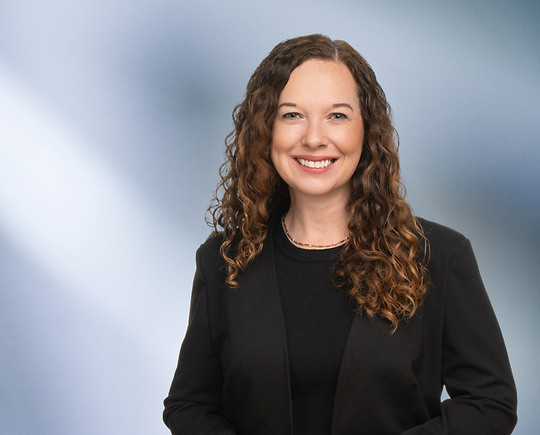
Michigan Bankruptcy Blog
Although less sweeping than the 2009 rule amendments, which changed the time periods for many actions, bankruptcy professionals should take note of the most recent changes to the Bankruptcy Rules.
Notably, Amended Rule 1007(c) increases the time for an individual debtor in Chapter 7 to file the statement of completion of a course concerning personal financial management from 45 days to 60 days.
Related to that, Amended Rule 5009 provides that "[i]f an individual debtor in a chapter 7 or 13 case has not filed the statement required by Rule 1007(b)(7) [the statement of completion of a course concerning personal financial management] within 45 days after the first date set for the meeting of creditors under § 341(a) of the Code, the clerk shall promptly notify the debtor that the case will be closed without entry of a discharge unless the statement is filed within the applicable time limit under Rule 1007(c)."
The amendment to Rule 5009 appears to be a response to the previous practice, where courts would notify debtors of their failure to timely file their statement and give them a "second chance" to file it without having the case close without a discharge. The notice will now be sent if the debtor has not filed the statement within 45 days after the § 341 meeting, but courts will presumably enforce the 60-day deadline. Timely filing the statement remains, of course, very important for debtors.
Chapter 7 trustees and their counsel should pay particular attention to a new subpart to Rule 1019(2), which reads as follows:
(B) A new time period for filing an objection to a claim of exemptions shall commence under Rule 4003(b) after conversion of a case to chapter 7 unless:(i) the case was converted to chapter 7 more than one year after the entry of the first order confirming a plan under chapter 11, 12, or 13; or(ii) the case was previously pending in chapter 7 and the time to object to a claimed exemption had expired in the original chapter 7 case.
Previously, courts disagreed as to whether conversion from Chapter 11 to Chapter 7 results in a new objection period. See, e.g., In re Wolf, 244 B.R. 754 (Bankr. E.D. Mich. 2000) (recognizing a split of authority but holding that a new objection period commenced upon conversion).
Additionally, Rule 4004 has been amended to, among other things, provide that an objection to a debtor's discharge under §§ 727(a)(8), (a)(9), and 1328(f) is to be treated as a contested matter rather than an adversary proceeding, and Rule 7001 has been amended to remove those objections to discharge from the list of adversary proceedings. Rule 4004 also now provides that objections to discharge under §§ 727(a)(8), (a)(9), and 1328(f) must be filed within 60 days after the first date set for the § 341 meeting.
The amendments also revise Rule 1007(a)(2) to reduce the time for a debtor in an involuntary case to file a list of creditors' names and addresses. Rules 1007(c), 1014, 1015, 1018, and 5012, all involving Chapter 15 cases, have been amended as well. Technical amendments were also made to Rules 4001 and 9001.
Bankruptcy practitioners should review all of the amended rules. If you have any questions about the amended rules, please feel free to contact the bankruptcy attorneys at Foster Swift.
- Shareholder
Laura's practice focuses on bankruptcy, municipal law, collections, and trial-level and appeals litigation. In the bankruptcy arena, she represents primarily Chapter 7 trustees. Laura has handled a wide range of trial and ...

